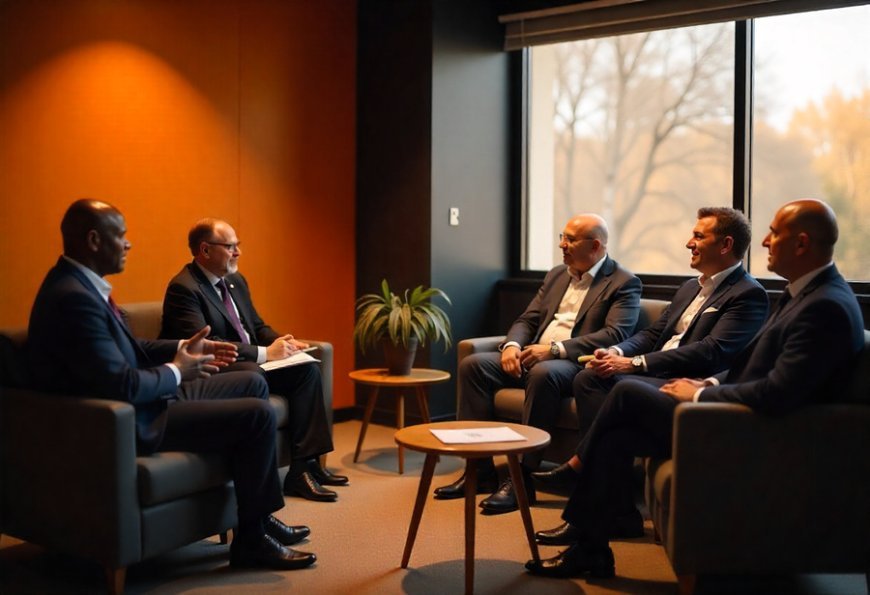Visa-Free Promise of Russia for Africa Faces Diplomatic and Practical Hurdles


Initial announcement by Russia of a visa-free regime for every country in Africa was greeted with excitement, marking a bold move towards an expansion of cultural ties and tourism links. But as the process of actual implementation started, the promise was derailed by diplomatic intricacies and realities on the ground.
Although Russian state media overcovered the historic announcement, the Foreign Ministry moved swiftly to clarify that the policy was yet “under serious review,” with need for intricate bilateral talks and country-by-country categorization. The clarification was a reminder of Russia’s gap between the optimal targets and the exuberance of foreign diplomacy.
A Shift in Expectations: Limited Visa-Free Agreements for Now
In an interview in October 2024, Alexey Klimov, the head of the Foreign Ministry’s Consular Department, tempered expectations, stating that Russia is negotiating 90-day visa-free agreements with just nine African and Middle Eastern “friendly states”, far fewer than the initially promised visa-free access for all African nations. Klimov emphasized that the country would provide updates on the matter once concrete agreements were signed, underlining the slow pace of implementation despite earlier enthusiasm.
This initial announcement and the subsequent clarification reveal a significant disconnect between the initial symbolic gesture and the practical steps needed to make the plan a reality.
Tourism Imbalances and Russia’s Limited Influence in Africa
While the policy is part of Russia’s broader geopolitical push to establish a multipolar world order, the country faces deep-rooted tourism patterns that reveal a stubborn imbalance. Countries like Egypt, Morocco, and the Seychelles remain popular destinations for Russian tourists seeking sun and leisure, yet the African elite overwhelmingly favors European, American, and Asian destinations for their travel. Moscow and St. Petersburg are rarely on the itineraries of affluent African travelers, highlighting the disconnect between Russia’s ambitions and the reality on the ground.
Despite several summits and declarations aimed at enhancing tourism cooperation, Russian tour operators admit that there are currently no meaningful business relationships with their African counterparts. This lack of tangible business connections further underscores the symbolic nature of Russia’s tourism initiatives in Africa, where diplomatic declarations often fail to translate into practical outcomes.
Visa-Free Access: The Reality vs. The Promise
The proposed visa-free regime is still largely theoretical. Currently, only diplomatic passport holders from six African nations enjoy visa-free access to Russia, a far cry from the broad access initially promised. Plans to extend this visa waiver to 32 countries remain unconfirmed, and no official timelines or documents have been published, leaving the future of this initiative unclear.
At present, the Russia-Africa Partnership Forum (2023-2026) Action Plan is at the center of this visa-free proposal, but concrete progress is still lacking. While Tatiana Dovgalenko, head of the Foreign Ministry’s Africa Partnership Department, continues to advocate for stronger cultural and tourism ties, the gap between rhetoric and reality persists.
Tourism and Cultural Cooperation: Barriers to Real Growth
Dovgalenko insists that Russia’s focus on cultural exchanges and tourism fairs will pave the way for increased engagement with Africa. She envisions reciprocal participation in travel exhibitions and simplified visa rules to encourage greater tourist flows between Russia and African nations. However, these plans face fundamental barriers, including limited flight connections, underdeveloped tourism infrastructure, and the prevailing perception of Russia as a challenging destination for foreign visitors.
Without addressing these foundational issues, Russia’s visa-free ambitions risk becoming another unfulfilled promise, archived in the annals of summit declarations that fail to materialize into meaningful change.
Protectionism and the Need for Liberalized Air Access
One of the biggest obstacles to the success of the visa-free initiative is Russia’s protectionist stance on air travel, which prioritizes national carriers over international competition. This policy has kept ticket prices high and limited route options, making it difficult for tourists to travel between Russia and Africa affordably.
Bauck, founder of HotelOnline, pointed to the example of Zanzibar, where liberalized air access has led to significantly lower airfares, boosting tourism. “In Zanzibar, return fares from Nairobi dropped to as low as US$270 due to open skies, and the results speak for themselves,” said Bauck. He suggests that Kenya could learn from Zanzibar’s success, advocating for a more open air access policy in Russia to facilitate lower prices and increased competition.
The Future of Russia-Africa Relations: Tourism as a Bridge
In spite of the setbacks and difficulties, the visa-free policy and Russia’s increased involvement with African countries are indicative of a move towards forging greater diplomatic and economic connections. Russia is positioning itself as an anti-colonial ally to African states, seeking to counterbalance the role of Western and Chinese players in Africa. The suggested visa waiver may well generate goodwill among Africa’s 380-million-strong middle class, but until Russia’s air access policy and tourism infrastructure are improved, it can do little to influence Africa.
As Russia continues to press towards expanding its tourism and cultural exchanges with Africa, it will have to translate summit rhetoric into concrete frameworks. Until such a time, Russia’s claim to being a “virtual great power” in Africa must remain in suspense, with much yet to be achieved to optimally develop its tourism.
The post Visa-Free Promise of Russia for Africa Faces Diplomatic and Practical Hurdles appeared first on Travel And Tour World.






